This blog post is written by Panagiotis Vlachogiannis in collaboration with Anna Celli, Shan He, Aditya Vaze and Julia Gil N. Martin, all MSc students at Wageningen University & Research. For more information on the authors, see the end of this piece.

What is the Wageningen Alternative Protein Project?
The Wageningen Alternative Protein Project (WAPP) was created in the summer of 2020 and recently presented itself to students at Wageningen University and Research. WAPP is a student initiative that encourages research and development of alternative protein sources. This includes plant-based analogues, biomass and precision fermentation, and cultivated meat. The project is supported by the Good Food Institute (GFI), an international non-profit organisation that advocates for plant-based and cell-based protein. As such, WAPP is part of a network of students from multiple universities that lead contemporary food science. These student organisations, though part of the project initiated by the GFI, are autonomous actors who can identify their own goals and objectives.
Our Facebook page already has 300+ followers and we have received positive feedback following two online events already where more than 60 students and field experts attended.
Who set up WAPP and why?
WAPP was initiated by myself, Panagiotis Vlachogiannis. As a student at Wageningen, I felt that alternative sources of protein were only partially discussed in the existing curricula. After discussions with fellow students, I felt that a course focusing directly on the burgeoning field of alternative protein transition was needed. While research is happening in the university, it is not currently adequately publicised to the students interested.
We want to make a positive difference in the way we feed our world, starting with a campus community centred around alternative protein. It is worth noting that we use the term “alternative protein” to refer to all animal-free protein intended to replace the use of conventional animal meat, eggs or dairy in the diet.
Together with Anna Celli, Shan He and Aditya Vaze, who are also MSc students at WUR, we founded this project to fill in the gaps within the university’s opportunities. A few months later, Julia Gil N. Martin also joined the team. We work to promote an academic ecosystem that propels research and innovation to enable a transition to sustainable protein sources.
What are WAPP’s future plans?
The project targets four areas: education, research, industry, and communication.
Under its educational branch, the five founders of WAPP are currently working to develop two courses on alternative protein sources: one focusing heavily on technology and one covering multidisciplinary aspects such as protein processing, circularity and consumer acceptance. The courses will be integrated into existing programmes, although we are still discussing the details. Teachers and PhD candidates from Wageningen have welcomed this opportunity and supported the project both by helping to develop the teaching material for our courses and by participating in the WAPP podcast, which will be released later this year.
In relation to research, the project is seeking to promote BSc and MSc research projects in alternative protein, as well as promote open-access research in alternative protein by the university.
Regarding industry, WAPP plans to host talks from experts, as well as to connect students at WUR with internship opportunities in companies leading in the alternative protein field.
Lastly, the project also has a communications branch, which publicises research into alternative proteins through its social media channels, produces a podcast and promotes social events related to alternative protein (run both by WAPP alone and also in collaboration with other student associations), and creating a vibrant community of alternative protein enthusiasts at WUR.
How can Table readers get involved?
You can follow WAPP on Facebook or LinkedIn, where we share content and events related to alternative protein research and development. WAPP is a student initiative, and as such we are very interested in hearing your thoughts and ideas, whether you are a student at WUR or elsewhere, a food professional, or simply interested in alternative proteins. Make sure to contact us if you have suggestions for our brand-new association. If you have any project, research, or internship ideas, we will gladly discuss these with you or try to help you with your project or internship goals. To contact us, email us at wageningenaltpro@gmail.com or reach out through our social media accounts. WAPP also welcomes any collaboration with companies or organisations that look for interns or would like to communicate their message through the WAPP podcast!
About the authors
| Panagiotis Vlachogiannis is an MSc Animal Science student with a specialisation in Human and Animal Physiology at Wageningen University. His ambition is to work towards creating a sustainable medium for cell-based meat and making more people aware about the benefits of alternatives sources of proteins. |
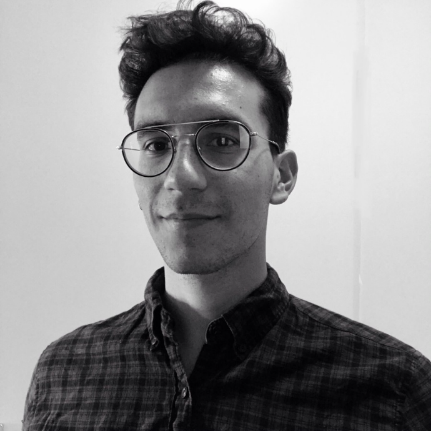
|
| Julia Gil N. Martin is a double MSc student in Sensory Science and Food Technologies at Wageningen University. She wants to help the world develop alternatives to dairy and meat by using ingredients sourced from plants, micro-organisms and cultured tissues. She is interested both in proteins and fats, but is currently dedicated to lipid chemistry, functionality, stability, and sensory perception. |
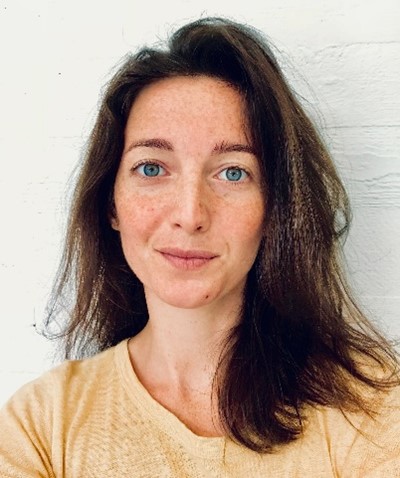
|
| Aditya Vaze is a first year MSc Biotechnology student from Mumbai, India. His primary interest is in the application of computational tools to improve the cost and quality of cultivated meat. |
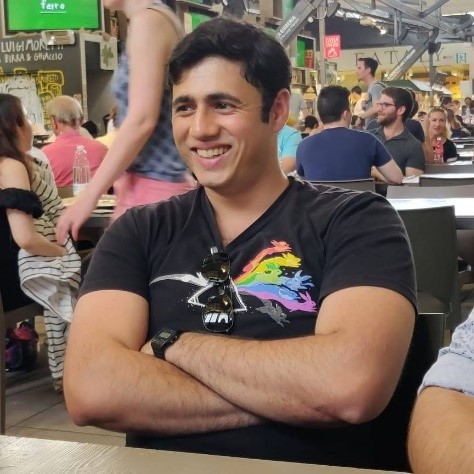
|
|
Shan He studies Msc Food Technology at Wageningen University. She is interested in sustainable food processing and plant materials. |
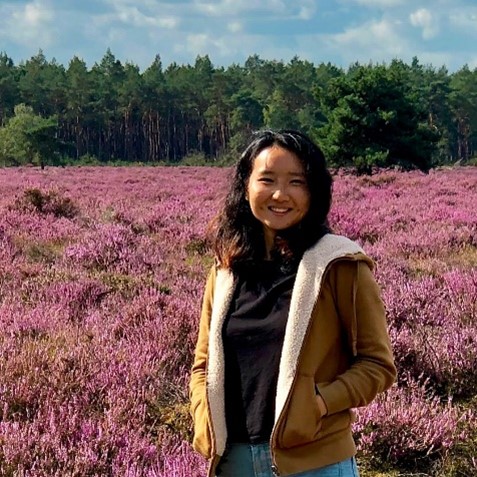
|
|
Anna Celli is an Italian MSc Biotechnology student at Wageningen University. She is mainly interested in how to improve alternative protein sources on a nutritional level. |
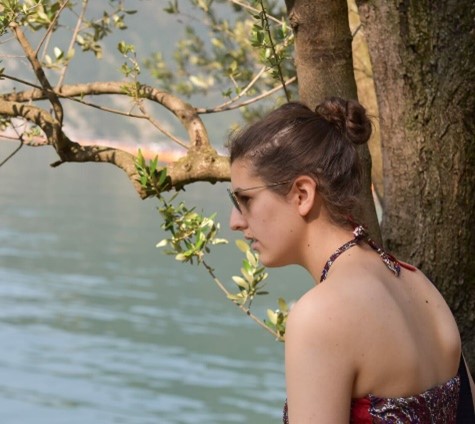
|






Post a new comment »